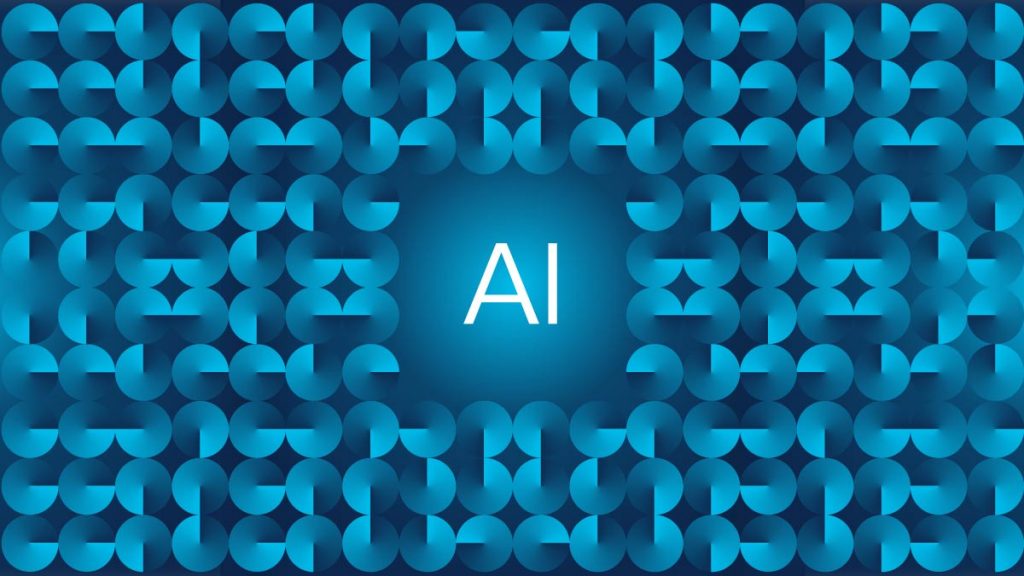AI isn’t coming. It’s already at your desk. And if you’re South African, chances are you’re ready to hit the ground running. A brand-new…
Cisco AI Readiness Index Sheds Light on South African Organisations’ AI Journey

The Index, which surveyed over 8,000 companies globally, highlights a growing awareness of AI’s potential, with 98% of South African respondents reporting an increased urgency to adopt AI technologies in the past six months. However, despite this enthusiasm, significant gaps exist across six key business pillars – strategy, infrastructure, data, talent, governance, and culture – with 89% of companies not fully ready to integrate AI into their businesses.
“The race to AI Readiness is on, with organisations under intense pressure to shift from strategic planning to execution mode in order to capitalise on the transformative potential that AI represents,” said Liz Centoni, Executive Vice President and General Manager, Applications and Chief Strategy Officer, Cisco. “To realise the benefit of AI-powered products and services, companies need solutions that secure and observe their AI models and toolchains to ensure performance, secure sensitive data and systems, and deliver trustworthy and responsible AI outcomes.”
AI Readiness: A Race Against Time
The pressure to adopt AI is mounting, with 59% of South African respondents believing they have a maximum of one year to implement an AI strategy before facing significant negative business impacts. This urgency underscores the need for organisations to accelerate their AI readiness efforts and capitalise on the transformative potential that AI represents.
“AI readiness has quickly ascended to become a top business priority, no matter the size or sector. The pressure is being felt and no one wants to be left behind as we catapult into the future. At the same time, AI readiness is not a one-dimensional conversation. IT infrastructure, including networks, compute resource and cybersecurity need to be assessed, alongside strategy, data governance and company culture, so that leaders and employees are ready to explore the potential of AI,” said Smangele Nkosi General Manager at Cisco South Africa.
Infrastructure: A Critical Enabler
IT infrastructure plays a pivotal role in supporting AI workloads. However, only 37% of South African organisations consider their infrastructure highly scalable, raising concerns about their ability to meet the demanding computational needs of AI applications. To fully embrace AI, organisations must prioritise infrastructure modernisation and ensure their networks can handle the increased traffic and processing demands associated with AI workloads.
Data: The Foundation of AI Success
AI is fueled by data, and its availability and quality are critical for successful AI implementation. However, 77% of South African respondents report some degree of siloed or fragmented data within their organisations. This poses a significant challenge, as the complexity of integrating data from various sources and making it available for AI can hinder the ability to leverage the full potential of AI applications.
Talent: Bridging the AI Skills Gap
The demand for AI skills is outpacing the supply, creating a talent gap that organisations must address to effectively implement AI strategies. While 94% of respondents plan to invest in upskilling existing employees, 18% express concerns about the availability of sufficient talent to upskill. Addressing this skills gap requires a multi-pronged approach, including targeted training programs, strategic partnerships with educational institutions, and fostering a culture of continuous learning.
Governance: Establishing Ethical Guardrails
As AI permeates various aspects of business operations, robust governance frameworks are essential to ensure its responsible and ethical use. However, 58% of South African organisations report not having comprehensive AI policies in place. This raises concerns about the potential for AI-related biases, data privacy breaches, and non-compliance with regulations.
Culture: Embracing AI Transformation
AI adoption requires a cultural shift within organisations, where leaders and employees are open to embracing new technologies and adapting to the changing landscape. While 84% of organisations report a moderate to high level of urgency in adopting AI, there is a need for further engagement and education to ensure that all stakeholders are aligned and prepared for the AI-driven transformation.
The Road Ahead: Navigating the AI Journey
The journey to AI readiness is not a one-size-fits-all approach. Each organisation must assess its unique circumstances, priorities, and challenges to develop a tailored strategy for AI adoption. Cisco’s AI Readiness Index provides valuable insights and benchmarks, helping organisations identify their strengths, gaps, and opportunities to accelerate their AI readiness journey.
The new Cisco AI Readiness Index is based on a double-blind survey of 8,161 private sector business and IT leaders across 30 markets, conducted by an independent third-party surveying respondents from companies with 500 or more employees. The Index assessed respondents’ AI readiness across six key pillars: strategy, infrastructure, data, talent, governance, and culture.
READ NEXT: Navigating AI and Ecosystem Partnerships in South Africa

